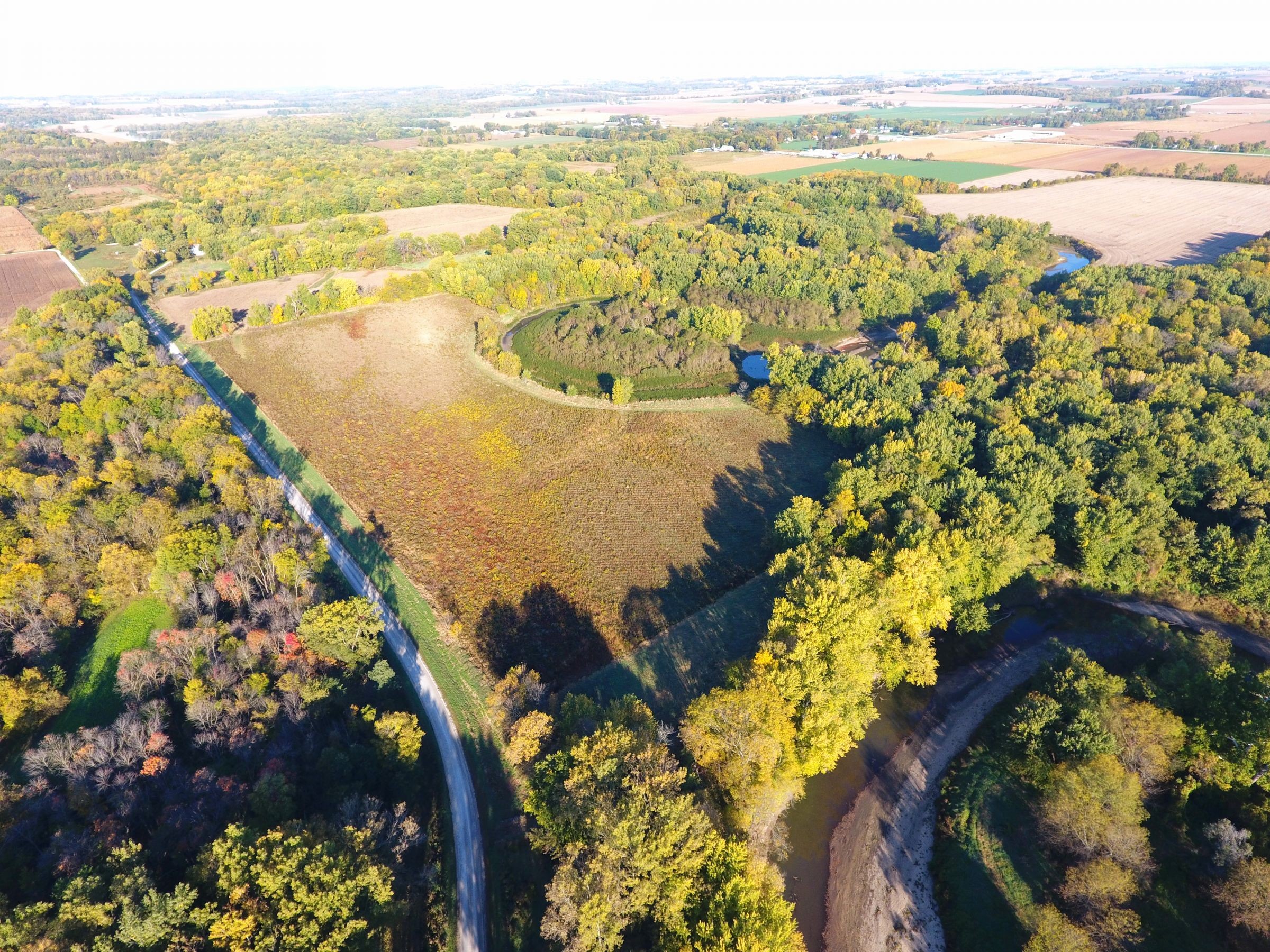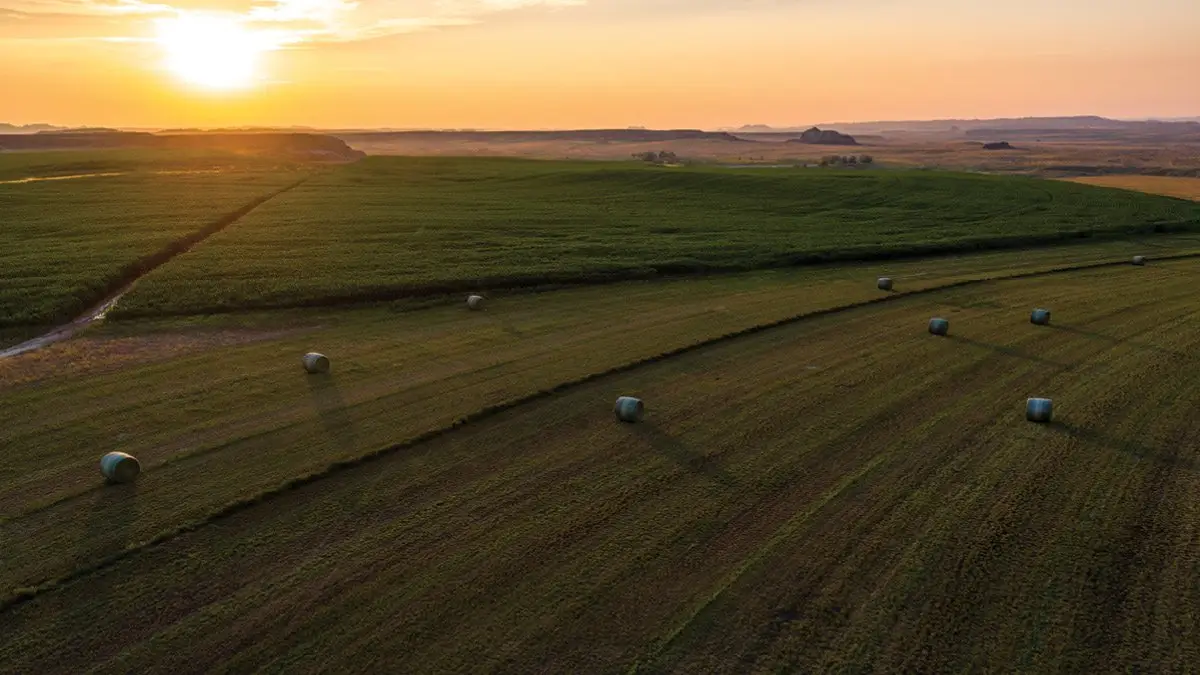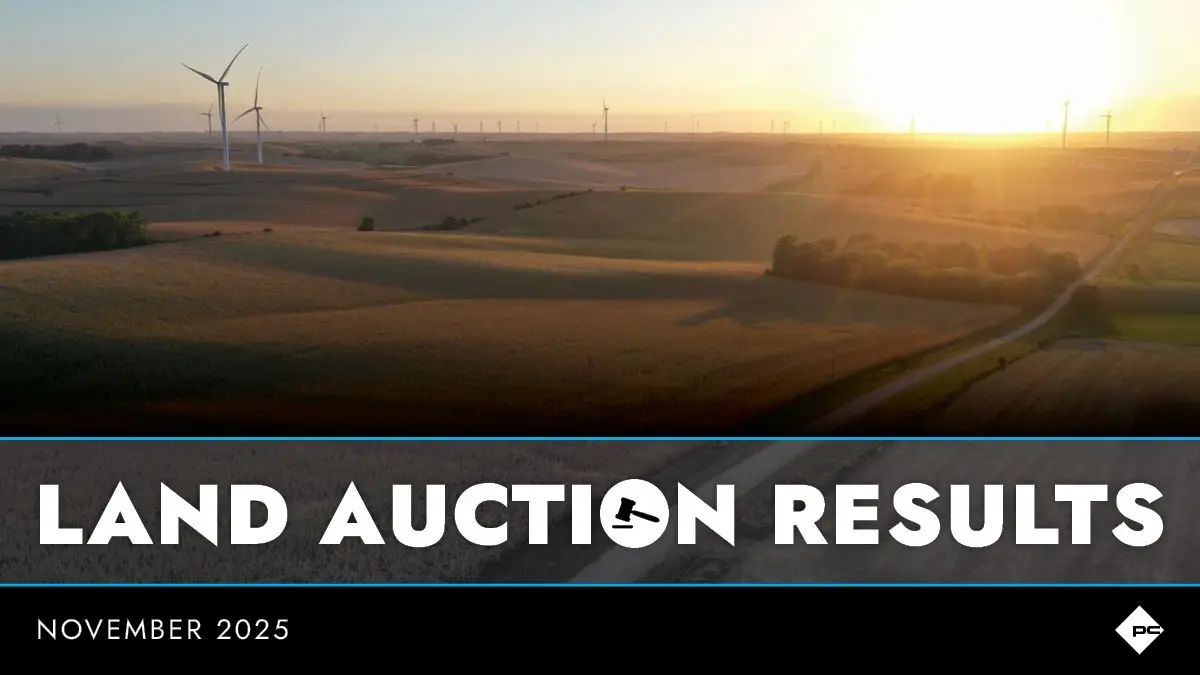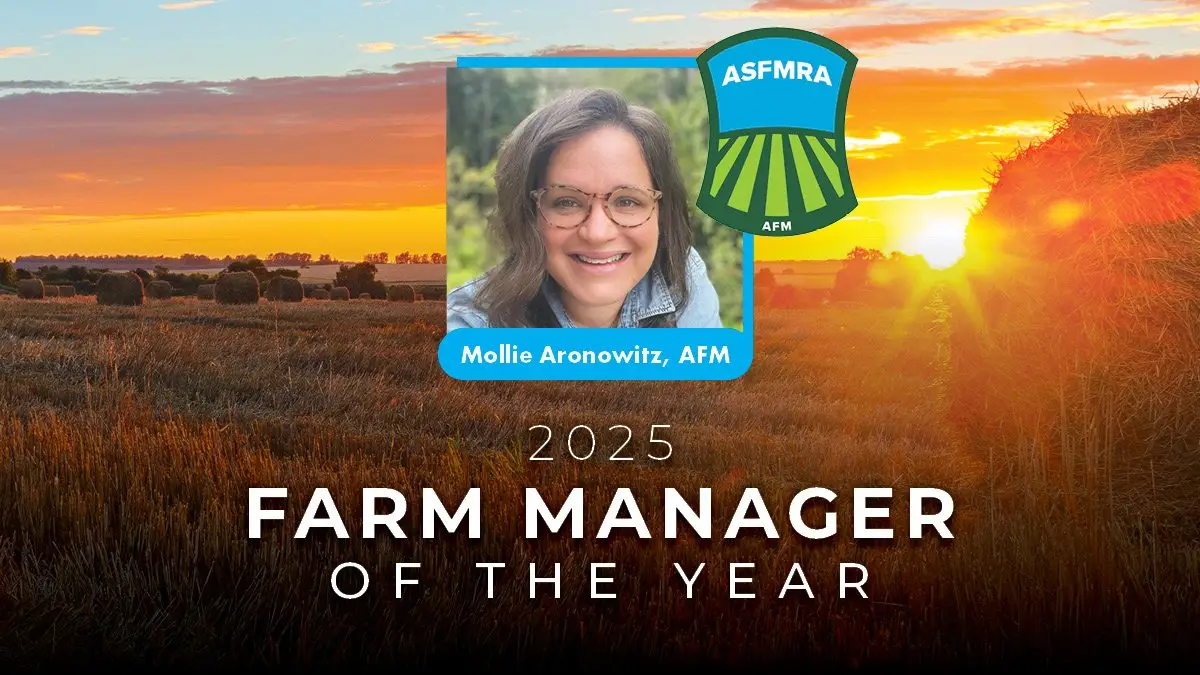
Occasionally appraisers are tasked with determining the impact on market value of an atypical property restriction. Depending on the region, atypical factors may include various rights-of-way that restrict development, physical access but no legal or deeded access, or flooding. Due to location, these factors may not be considered atypical if/when they are prevalent in the market area.
The impact of each of these risks may be quantified by comparing sales in the market of properties with similar restrictions to ones without the restrictions, interviewing market participants to see if they would purchase the property at a different price than properties without those same restrictions, and/or by gathering opinions from industry experts. In appraisal theory, there are additional methods to calculate the risk, which are less anecdotal, and more data driven.
When calculating the market impact of an atypical characteristic, a few things to consider are:
- What are the terms or extent of the restriction?
- What is the probability of impact?
- Will the highest and best use of the property be affected?
- Will it result in a change in market value?
Example 1: Consider a pipeline right-of-way on a property in an area of strong residential development. The pipeline restricts any development over the right-of-way. The property cannot be developed in perpetuity. The property is now only suitable for agricultural, recreational, or open space uses. It is no longer available for developers – who typically pay top dollar. In this case, the highest and best use of the property is affected, and the market value is likely significantly impacted. However, that same pipeline under rural agricultural land may not have as significant of an impact, as development is not a strong contender for use.
Example 2: Consider a property that has physical access, but no legal or deeded access. Again, the type of property will determine the extent of the impact on value. It is unlikely that a commercial investor or a residential buyer would pay the same amount for a property without legal access as they would for a parcel with legal access. Without legal access there is no guaranteed access to your property, and if you rely on traffic for your business or getting to your home, then purchasing a property without legal access may not be worth the risk. However, if the physical access is adequate for agricultural or recreational uses, and the lack of legal access has not historically prevented access to property when needed, the risk is lessened. Nevertheless, as compared to a similar property with legal access, there may still be a discount on value to account for the risk, but it may not be as significant given the respective use/zoning.
Example 3: For an agricultural property that is prone to flooding, there are no set terms or extent. The risk is ever-present, but the probability and duration are unknown. Floodplains often provide a ‘feast or famine’ regarding crop yields. However, as flooding increases in frequency and volume, are farmers as willing to accept the risk that they may not be able to get on their fields to plant in time? Or, if they do get a crop planted, will it be overtaken by a flood? If the flooding occurs so often that it impedes the feasibility of using it as cropland, then it may transition to recreational land.
Peoples Company’s appraisal division specializes in agricultural valuations including cropland, recreational and agribusiness properties. For more information about how an atypical characteristic may impact the value of a particular property, contact a Peoples Company Appraiser at Appraisal@PeoplesCompany.com or call 855.800.5263.








